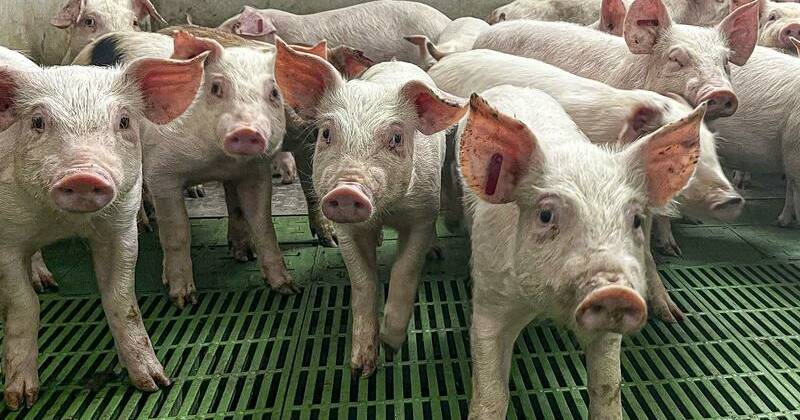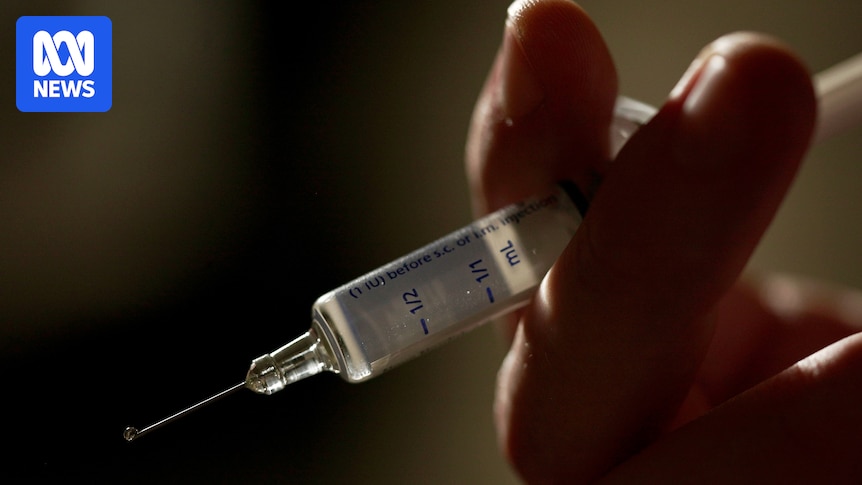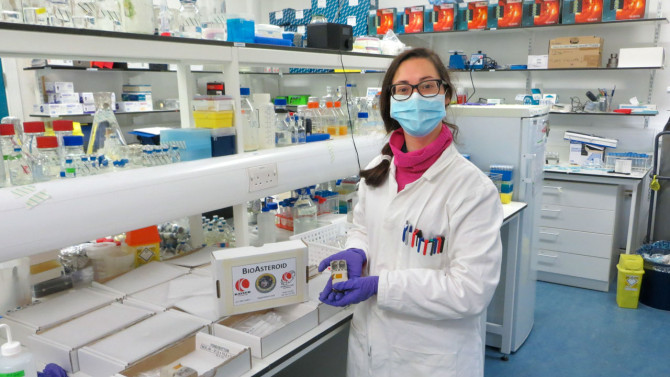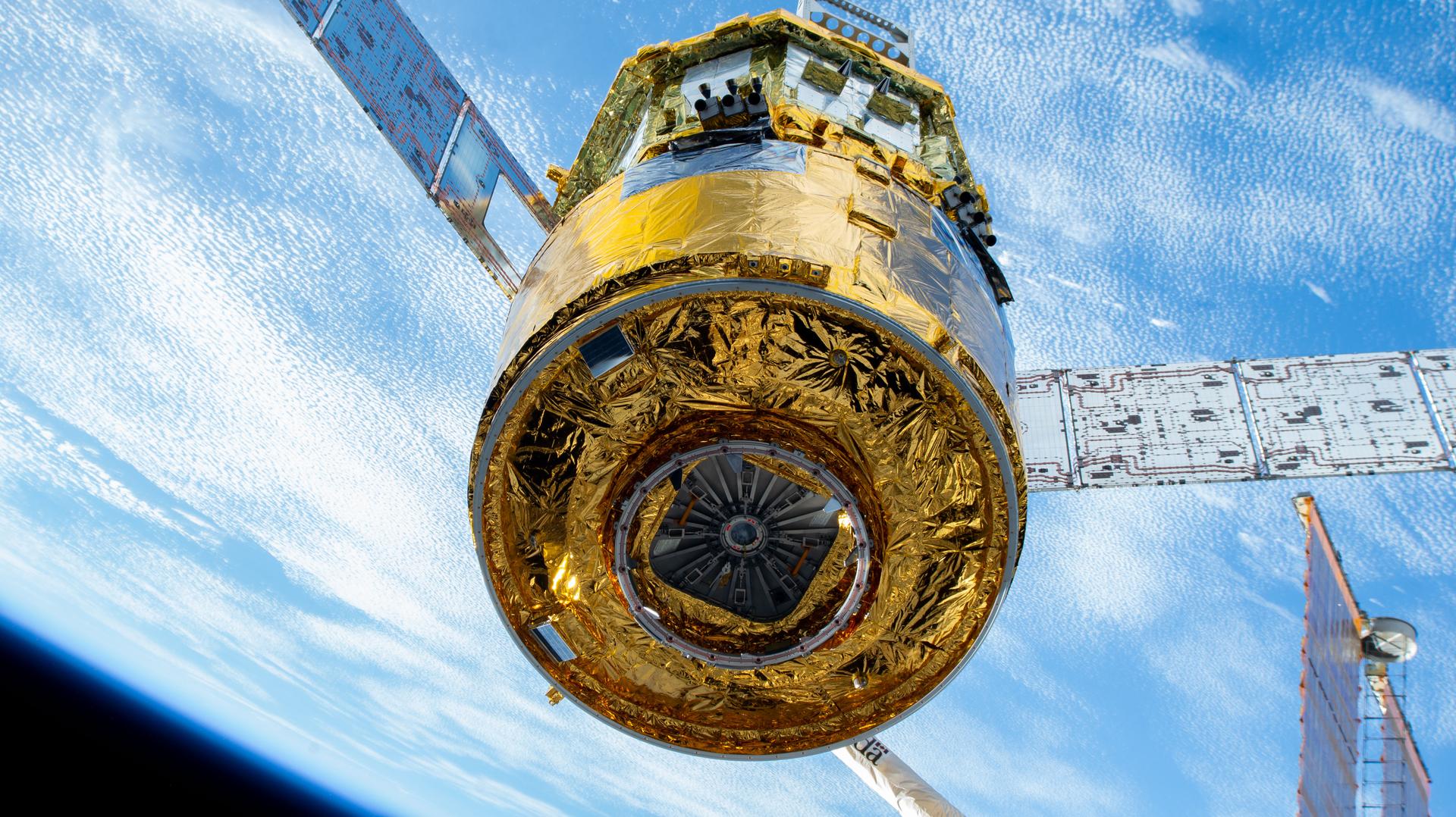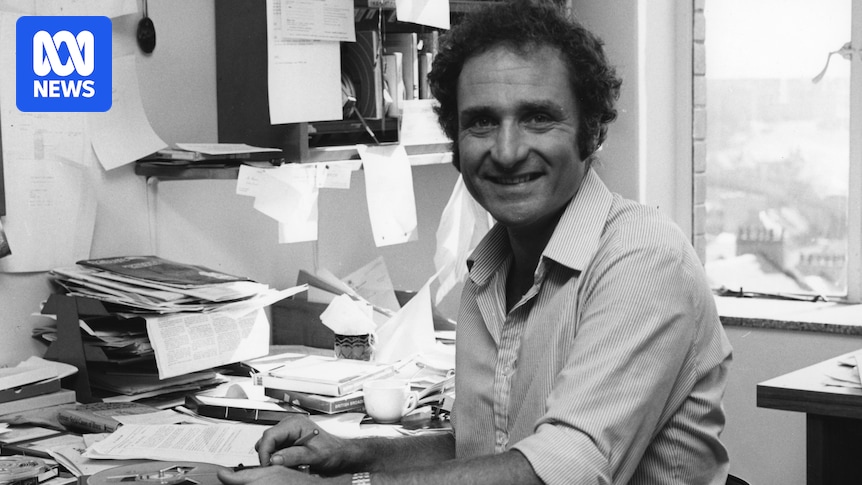
Fifty years ago, Australia’s longest-running science program made its debut. Robyn Williams recorded the first episode of ABC Radio National’s Science Show at the 13th Pacific Science Congress in Vancouver, Canada, in 1975. It was a time when the Cold War loomed large, and the internet was still a distant concept. Yet, the topics discussed then remain remarkably relevant today.
The inaugural episode featured scientists voicing concerns over the nuclear arms race, the alarming rate of animal extinction, and the impact of fossil fuel combustion on climate change. The only hint of its era was the conference’s theme, “Man’s Future in the Pacific,” and the distinctly 70s theme tune that opened the episode.
The Science Show’s Enduring Legacy
Over the past five decades, the Science Show has consistently provided audiences with insightful scientific debates, groundbreaking research, and vital information on significant discoveries. According to Fiona Stanley, an epidemiologist and former ABC Board member, the program has been a cornerstone for the Australian science community.
“[The Science Show] is not just radio for entertainment, it’s been a really serious contribution to Australian science,” Professor Stanley stated.
To commemorate its 50th anniversary, we revisit Williams’s favorite stories and some of the show’s most memorable moments — from uncovering medical fraud to exploring Australia’s opals.
A Climate Change Warning from 1975
The first Science Show episode, broadcast on August 30, 1975, included an interview with Peter Ritchie-Calder, then head of energy policy at the UK House of Lords. He presented alarming figures on greenhouse gas emissions from fossil fuels and their potential catastrophic impact on the global climate.
“We’ve been saying this at the UN and elsewhere since 1963, and here we are in 1975, and people still have not acted,” Ritchie-Calder concluded.
For Williams, this interview underscores the longevity of our awareness about climate change and the persistent lack of effective action. “This was extraordinary,” he said. “A truly significant authority exclaiming that a concern they had 12 years before was still not being acted upon effectively. Now make that gap 62 years!”
Uncovering Scientific Fraud
In 1987, the Science Show played a pivotal role in exposing scientific fraud. ABC broadcaster Norman Swan joined the Science team in 1982 with a focus on William McBride, a respected doctor credited with linking thalidomide to birth defects. Swan’s investigation revealed McBride’s scientific fraud, a story that dominated headlines for years.
“The William McBride story … was unquestionably the major story of 1987 and 1988 and continued for several years,” Dr. Swan stated.
Swan’s exposé earned him the Gold Walkley and the Australian Writers’ Guild Award for best documentary, showcasing the Science Show’s prestige and its capacity for long-form investigative journalism.
Highlighting Women’s Contributions to Science
In 1998, the Science Show featured a groundbreaking study by Australian urologist Helen O’Connell, revealing that the anatomy of the clitoris was up to ten times larger than previously thought. This discovery, which was absent from medical textbooks, sparked important conversations about female pleasure.
“[Robyn Williams] … really pushed women and encouraged women in science,” Professor Stanley said. “We were given a hard time … but [he] acknowledged us.”
The program has consistently supported female scientists, highlighting research on topics such as the role of folate in preventing spina bifida and investigations into the causes of SIDS.
The Power of Science Storytelling
Throughout its history, the Science Show has inspired countless individuals, including David Lindenmayer, now a Distinguished Professor at the Australian National University. Williams’s reporting on ancient forests in the 1980s motivated Lindenmayer to pursue a career in forestry.
“I first remember listening to the Science Show while I was doing my teacher training in Adelaide,” Professor Lindenmayer recalled. “I loved that show — the new discoveries and hearing scientists passionate about their work.”
In 2017, the program featured a poem by 14-year-old Zofia Witkowski-Blake about Laika, the ill-fated space dog. Today, Witkowski-Blake is studying science and hosts her own podcast about insects, exemplifying the show’s enduring influence on young minds.
As the Science Show continues to broadcast every Saturday at 12 pm, it remains a vital platform for scientific discourse, inspiring future generations to explore and understand the world around them.
